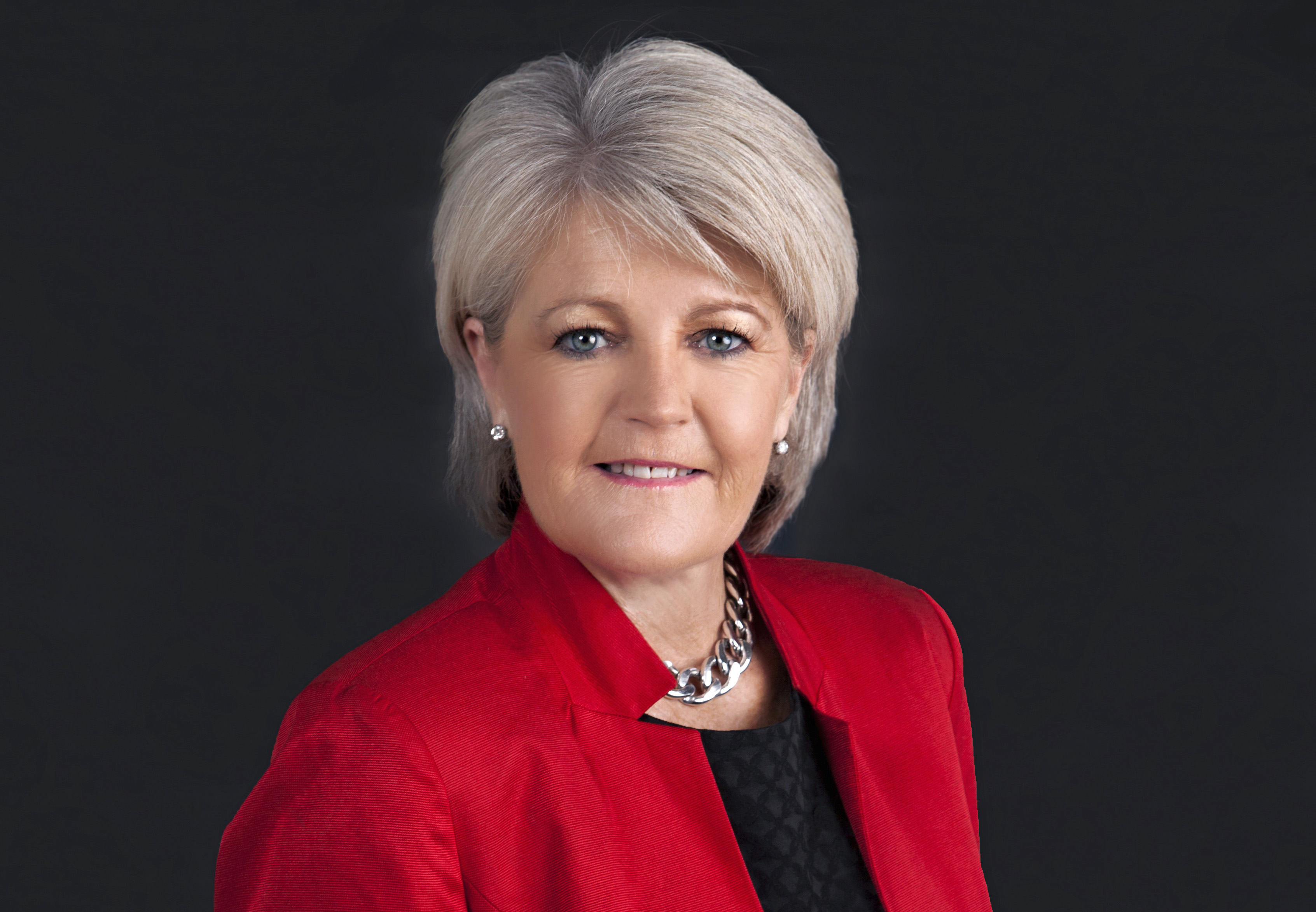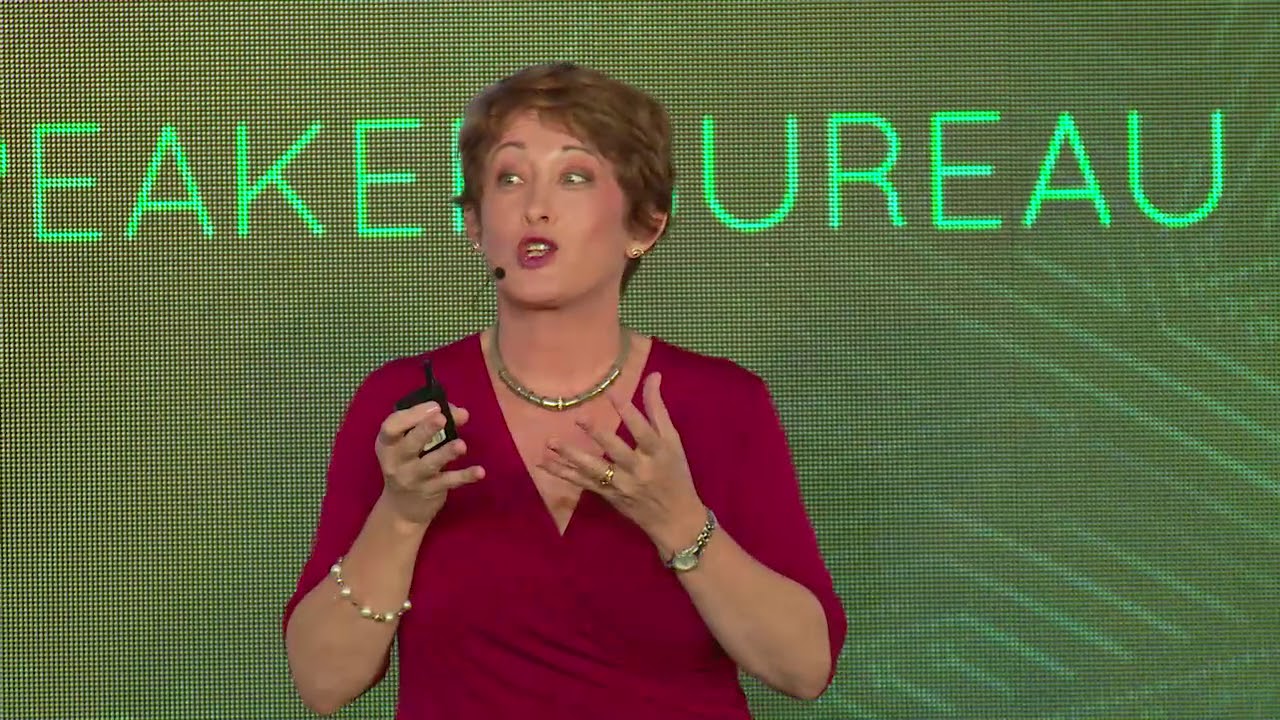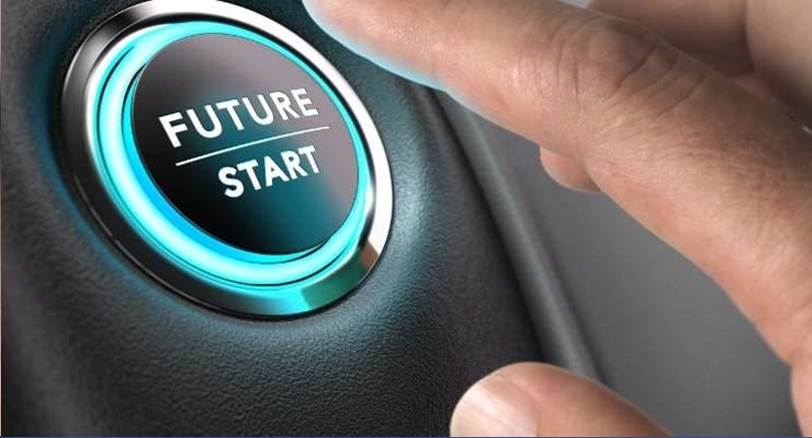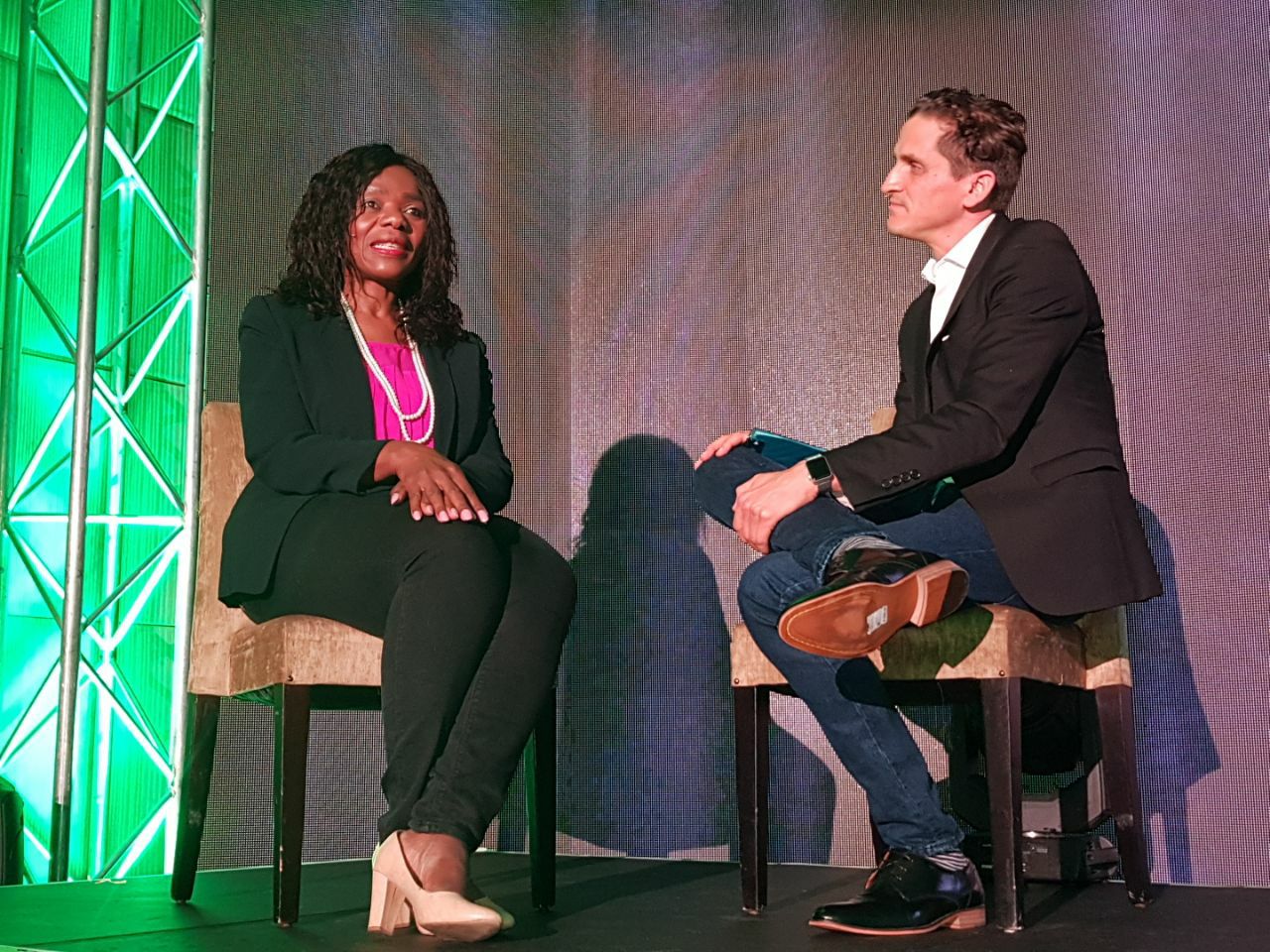Bridging the gap between management vision and employee engagement in delivering customer experience
Successful companies around the world are focusing on driving a better customer experience to increase sales, improve customer satisfaction and manage customer retention. In line with this trend, management teams have worked tirelessly to create customer experience strategies, only to find employees failing to deliver on them. The gap between vision and delivery is causing frustration at all levels. This isn’t necessarily because employees don’t want to deliver an improved experience, it’s often merely a lack of understanding, with employees seeing it as just another marketing or promotional campaign.
Without clear communication and a healthy dose of motivation, employee engagement in the delivery of an improved experience is unfortunately destined to fail. Employee Engagement is arguably one of the most critical factors in the delivery of a customer experience strategy and leadership teams everywhere are seeking innovative ways to motivate employees to fulfill brand promises and deliver improved experiences.
According to Tempkin Group, the 5 keys to increasing employee engagement in a customer experience strategy are: Information – explain why employees should get involved in the customer experience campaign. Instructions – tell employees how to deliver on it. Inspire – employees to get on board with the customer experience strategy Involve – employees in the design,
delivery and measurement of customer experience strategies. Incentivise – make customer satisfaction a part of employee KPI’s. Lynn Baker is a professional speaker who recently attended the Disney Customer Experience Summit 2018 in California. She has also secured the rights to the ‘Customer Experience Game’, an interactive board game designed to raise
awareness and educate staff of all levels about customer experience.
The Customer Experience Game focuses on three important topics:
• Voice of the customer
• Brand delivery in the customer journey
• Employee ambassadorship.
The Customer Experience Game lasts 3 hours and can be run at a conference,
meeting or in-house. Designed to be fun and interactive, employees are split into teams and each team is required to answer questions and do assignments based on the current customer journey. The team that comes up with the best answer, wins a “Happy Customer”. The team that finishes with the most “Happy Customers”, wins the game. But beware, there are ‘Unhappy Customers’ as well! Although the game includes standard questions and answers, Lynn is also able to tailor questions and assignments to your relevant business or industry. Examples of the questions and assignments include:
• Find a positive customer comment on Twitter about your company – the fastest team wins. • Make a 30 second video during which you answer a question that was asked on social media.
• What are all the channels that customers use to communicate with your company?
• What is the biggest dilemma your customers currently face? As a prelude to the game, Lynn delivers her fascinating 45-minute presentation on customer experience, which explains the difference between customer service and customer experience, as well as the importance of employee engagement in the customer journey. To illustrate the value of a memorable experience, Lynn shares stories and dynamic videos of how Disney, Amazon, The Ritz Carlton and other top companies are using customer experience to drive sales, improve customer satisfaction and increase customer loyalty. She challenges every member of the audience to consider how they can add further value to their customers journey in the future. Imagine the impact, if every employee in your organisation found one way to contribute to a better customer experience?
The Customer Experience Game LYNN BAKER PROFESSIONAL SPEAKER ON CUSTOMER EXPERIENCE Proudly represented by Unique Speaker Bureau.
About Us
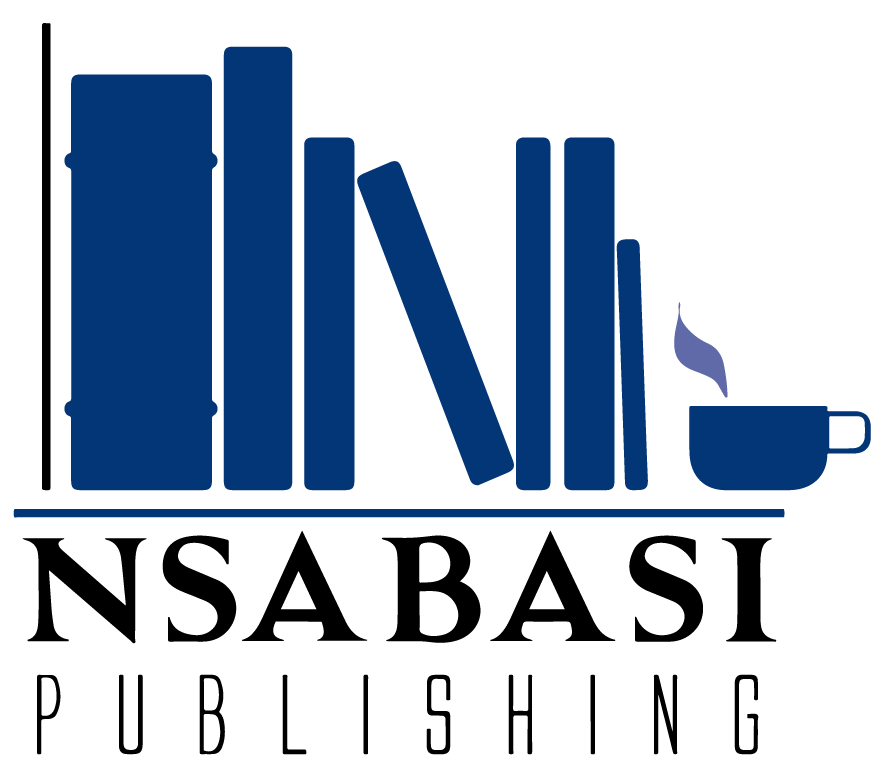 The Northern Business Review is a business community newspaper that provides a platform for businesses to market their products and services, as well as build their brand, but equally important the publication provides information, advice and topics of interest, including business, entrepreneurial, economic reviews and simple ideas to grow your business. The publication has a primary objective to “uniquely” represent businesses to a wide audience across the community as well as provide a media platform of business articles and information that affect, influence and uplift the business environment within our defined geographical and cultural community.
The Northern Business Review is a business community newspaper that provides a platform for businesses to market their products and services, as well as build their brand, but equally important the publication provides information, advice and topics of interest, including business, entrepreneurial, economic reviews and simple ideas to grow your business. The publication has a primary objective to “uniquely” represent businesses to a wide audience across the community as well as provide a media platform of business articles and information that affect, influence and uplift the business environment within our defined geographical and cultural community.
Recent Posts
- The HUAWEI MatePad T 10s 64GB: the ideal tablet for families
- TIGER BRANDS CULINARY DIVISON PARTNERS WITH BACARDI HOLIDAY CLUB FESTIVAL AS THE OFFICIAL FOOD SPONSOR
- Prevent the silent onset of chronic kidney disease. Here’s how
- 15-minute neighbourhood trend on the rise across SA
- 3Sixty Biopharmaceuticals enters into a sales and distribution agreement with Adcock Ingram’s OTC division
